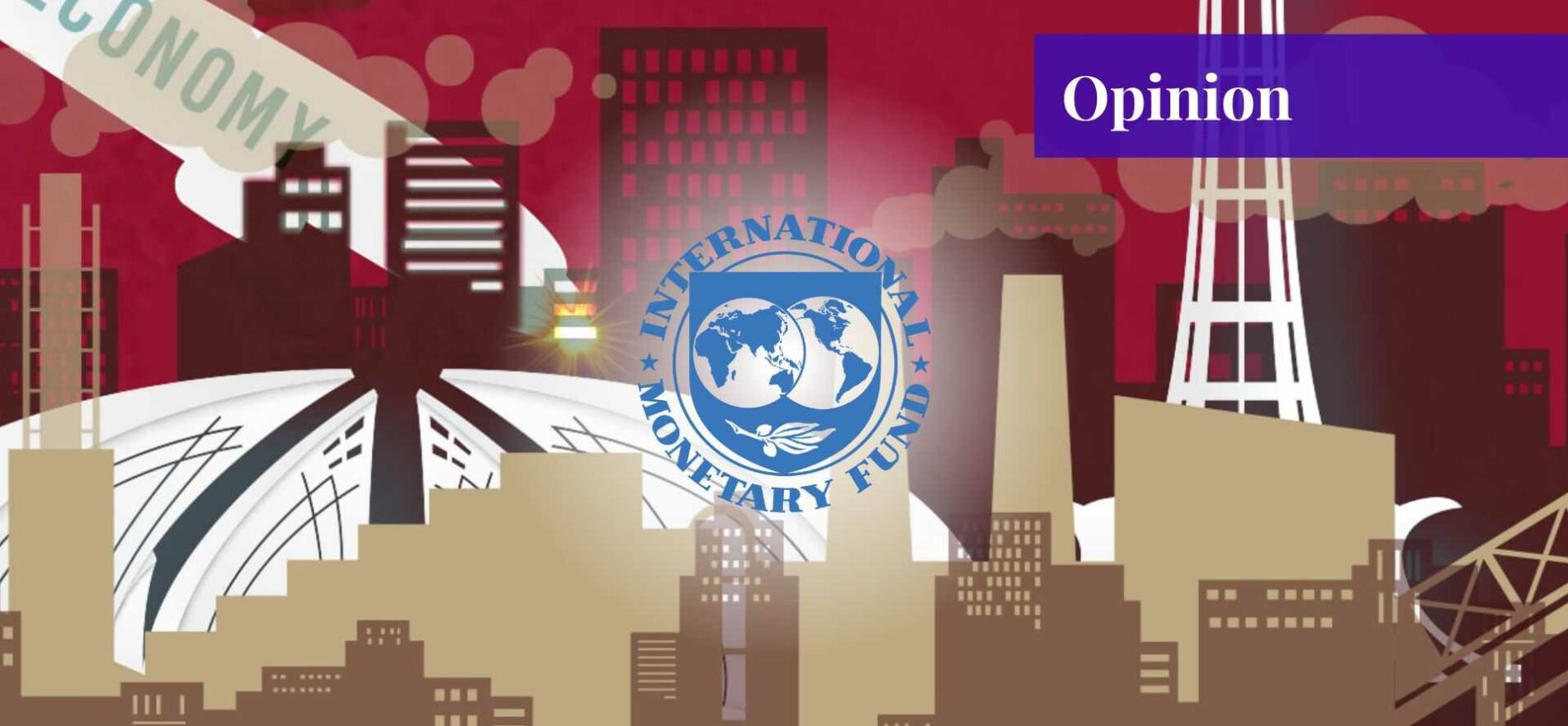Ms Hurria Binte Abdullah is pursuing a BS in Public Administration from NUST.
Introduction
Whenever a developing state faces a balance of payment issue owing to excessive demand, they go to IMF and demand loans. That is why IMF policies are referred to as ‘demand-management’ policies. As a result, the IMF provides loans to developing states and provides those states with a list of economic policies which they have to pursue in order to get loans.
Like many developing states, Pakistan has also been going to the IMF for years to support its balance of payment difficulties. Instead of improving, the economy of Pakistan is continuously deteriorating because of the impact created by the policies of the IMF.
Neo-Liberal Model of IMF
IMF sees developing economies through the same lens as developed economies. In other words, they see the ‘neo-liberal’ economic model as the most viable solution for developing states to get out of the economic crisis even when the economic development dynamics of the developing states are completely different from the developed ones . As a result, the IMF’s policies reflecting neo-liberal economic order are leading the IMF donor countries towards disaster.
The major pillars of the neo-liberal economic order harming developing economies are tight monetary policy, tight fiscal policy, market-based exchange rate, and increase in utility prices.
Tight Monetary Policy
A tight monetary policy negatively impacts the real budget and increases inflation. The tightening of monetary policy suggests that both the State Bank of Pakistan and the real sector of the economy have to increase the interest rate.
IMF demanded an increase in the interest rate under the prudent and proactive monetary policy of the seventh and eighth reviews of Pakistan’s economy by IMF in order to get the next IMF program. Due to this, Pakistan increased the interest rates from 9.75% (Dec 2021) to 15% (October 2022). With the increase in the interest rate, the national consumer price index (CPI) has increased up to 26.6% in October 2022 as compared to 14.6 % in January 2022 .
Increased interest rates damage Pakistan’s economy in two ways. First, the lending from all the capital banks increases which, in turn, increases the capital costs. Increased capital costs discourage investments, slow down economic growth, lessen the jobs in the market, create unemployment, and incur poverty, thereby leading to insecurity .
Second, slowed economic growth results in lower tax collection and lower government expenditure. These statistics very clearly reflect that an increase in interest rate is directly related to the increase in inflation. Hence, tight monetary policy acts to deteriorate the economy instead of fixing it.
Tight Fiscal Policy
Tight fiscal policy also has negative impacts on Pakistan’s economy. Tight fiscal policy demands the government to take the ‘austerity measure’ or ‘to cut down government expenditure’ and to ‘increase taxation over incomes as well as on power and fuel’. As a result, the government curtails public spending in the form of subsidies, public investments, or social security programs, and increases taxes.
Under the seventh and eighth reviews of Pakistan’s economy by the IMF, the IMF demanded Pakistan’s government curtail public investment by ending the Public Sector Development Projects (PSDP) to save Rs. 15 billion at the federal level and Rs. 384 billion at the provincial level. Furthermore, they also suggest the plan to gradually reinstate the fuel taxes and raise fuel levy rates, crude oil customs duties, and other forms of taxes like personal income taxation (PIT).
Such austerity measures mean that a lot of developmental projects will end, increasing pressure on industries and businesses, and increased taxation on incomes will put pressure on individuals. In short, these policies are not only increasing inflation but also taxing individuals’ incomes which will affect the buying power of people, thereby making more and more people poor and vulnerable.
Market-Based Exchange Rate
Thirdly, market-based exchange rates mean the devaluation and depreciation of the currency which increases the landed cost of all the imported goods. According to the seventh and eighth reviews of Pakistan’s economy, the IMF called for the exchange rate to be market-based. As a result, the Pakistani rupee depreciated by 17 percent in July 2022.
IMF provides the rationale that a market-based exchange rate will act as a buffer protecting economic activity and foreign reserves. In addition, they think that a market-based exchange rate will support competitiveness. However, this has never happened in practice. Increased fuel and power prices, increased taxation, ending subsidies, and tightening monetary policies discourage private sector investments and increase the cost of production which makes the industries non-competitive in the international market.
Moreover, devaluation increases public debt without borrowing even a single dollar i.e., one-rupee devaluation adds Rs. 95 billion to public debt without borrowing a single dollar. As a result, instead of getting stabilized through these measures of neo-liberal economic orders, the economy has not only gotten worse but also deindustrialized.
If you want to submit your articles and/or research papers, please check the Submissions page.
The views and opinions expressed in this article/paper are the author’s own and do not necessarily reflect the editorial position of Paradigm Shift.















